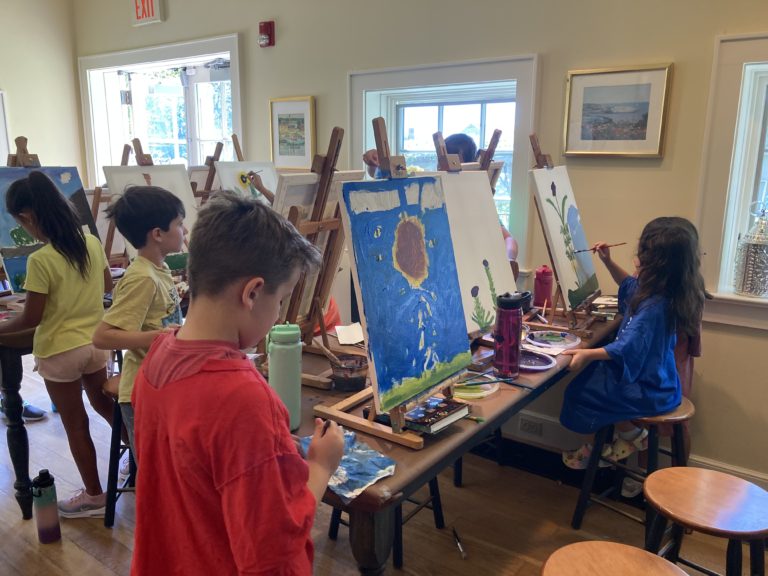 Julia Chiappetta
Julia Chiappetta
Sentinel Columnist
As we approach warmer weather and begin to see an enhanced selection of fruits and vegetables at our local markets, it is worth mentioning that the Environmental Working Group’s 2017 “Dirty Dozen” list of produce is out. It is a stark reminder that there is still so much work to do in our food system and that a high percentage of samples contained at least one pesticide.
Key findings of the 2017 Dirty Dozen report are:
More than 98 percent of samples of strawberries, spinach, peaches, nectarines, cherries and apples tested positive for residue of at least one pesticide.
A single sample of strawberries showed 20 different pesticides.
Spinach samples had, on average, twice as much pesticide residue by weight than any other crop.
Avocados and sweet corn were the cleanest: only 1 percent of samples showed any detectable pesticides.
More than 80 percent of pineapples, papayas, asparagus, onions and cabbage had no pesticide residues. (Note: Some papayas are GMOs. Choose organic to avoid that.)
No single fruit sample from the Clean Fifteen tested positive for more than four types of pesticides.
Here are “The Dirty Dozen”
Strawberries, Spinach, Nectarines, Apples, Peaches, Pears, Cherries, Grapes, Celery, Tomatoes, Sweet bell peppers, Potatoes
And here are “The Clean 15,” produce least likely to be contaminated by pesticides:
Sweet corn, Avocados, Pineapples, Cabbage, Onions, Frozen sweet peas, Papayas, Asparagus, Mangos, Eggplant, Honeydew, Kiwi, Cantaloupe, Cauliflower, Grapefruit
The bottom line is, please think local and organic before you purchase produce, especially where children are concerned. Those sweet fleshy berries, grapes and tomatoes are ticking time bombs filled with pesticides that over time bring too many toxins into our bodies.
As always, do something good for your body, consume as many greens as possible, and try to find ways to help your family, friends and neighbors. A smile can light up someone’s day and change lives. Love and encouragement are always the best approach, and it will bring joy to your heart to show kindness to others, so surprise someone this week with a tender touch or gift of sorts.
For more information and a shopping guide, please visit: https://www.ewg.org/foodnews/dirty_dozen_list.php
Julia Chiappetta is the author of “Breast Cancer: The Notebook” (Gemini Media, 2006) and is also the owner of Julia Chiappetta Consulting. She lives in Cos Cob. More information and past columns can be found at JuliaChiappetta.com.




